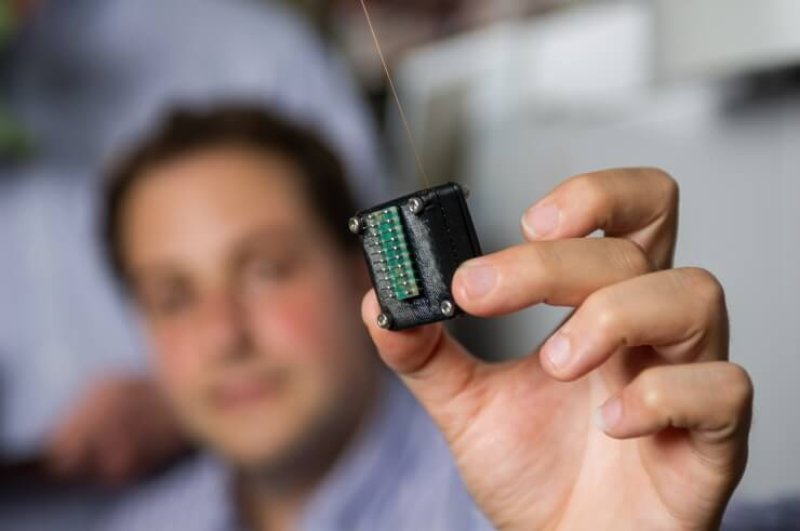Agriculture consumes about 80 percent of all U.S. water. Making fertilizers uses 1 to 2 percent of all the world’s energy each year.
A new program hopes to develop better crops — super plants that are drought-resistant, use less fertilizer and remove more carbon dioxide from the atmosphere.
The program, ROOTS, or Rhizosphere Observations Optimizing Terrestrial Sequestration, … has received $2.4 million to adapt previously developed sensors to monitor root function and plant health in new, noninvasive ways….
The insights gained from these sensors … will guide breeding of better varieties of sorghum. Sorghum is a drought-tolerant grain mostly grown for animal fodder and biofuels in the U.S. but relied upon as an important food crop in Africa and parts of Asia.
The sensors will be easy to adapt to other crops too, said Eric Ackerman, manager of Sandia’s Nanobiology department and principal investigator for the ROOTS project.
Though roots are hard to access and study, thoroughly understanding how they work and how to improve them is essential for drought-resistant crops that need less fertilizer. Deep roots can tap additional water sources and extensive root systems can gather more nutrients, Ackerman said. Roots also are critical for depositing carbon into the soil, instead of the air.
The GLP aggregated and excerpted this blog/article to reflect the diversity of news, opinion, and analysis. Read full, original post: Super plants need super ROOTS































